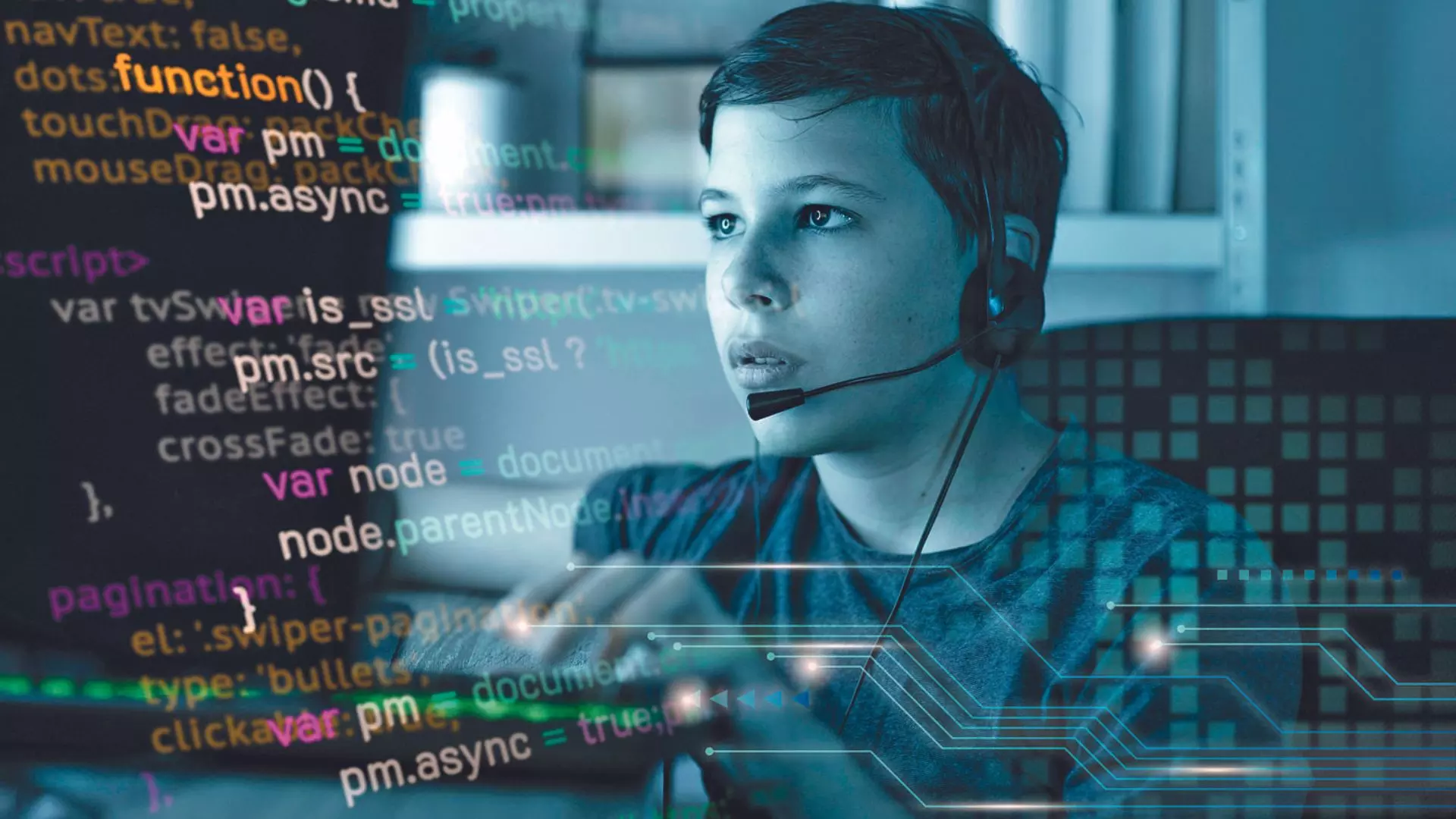Worrisome AI-Ducation
Educationists are concerned about students’ over-reliance on AI-systems to quick learn and complete assignments and projects without detailed understanding

It is no secret that Artificial Intelligence (AI) has muscled its way, in every part of our lives, including education. However, there are concerns about issues of over-reliance and dependence by students on AI-based technologies. Perhaps, students need no special tutoring in how to use these AI systems, given the user-friendly layouts they come with. But educationists and experts have some serious concerns. “AI can enhance learning by providing extra support and resources tailored to each student. However, it can't replace the human touch that teachers bring — like empathy, inspiration, and personal guidance,” says Aaisha Zia, Principal of Rizvi Springfield High School and Senior Secondary (CBSE), Mumbai. She sheds light on how AI would help revolutionise education by churning it in ways to make it more personalised and structured. Be it streamlining administrative tasks or providing tools to help both teachers and students. She adds, “It’s about making education smarter and more efficient.”
Tailoring lessons with AI to fit each student’s learning style and pace helps them learn effectively along with a blend of interactive learning. These often include virtual reality classrooms or gamified learning apps. But Aaisha emphasizes how such a system cannot be entirely relied upon. “If not used wisely, AI could make students too dependent on technology, affecting their ability to learn independently and think critically,” she warns.
Enhanced Learning
Speaking of how the intrusion of AI into education could pave the way for a plethora of possibilities, Pampi Chakraborty, Dept of Microbiology, St. Xaviers College (Autonomous), Mumbai believes that the future of education would completely change with AI. Pampi believes that AI may reduce human-led teaching. However, AI cannot entirely ‘replace’ existing systems. Pampi talks about how books and videos have been available for the last 20 years. Yet, teachers were an integral part of rendering quality education. She says, “Teachers provide emotional support to students and help enhance their critical thinking skills.”
Learning Management Systems (LMS) further seem to have been heavily used by both teachers and students today. These have served to set themselves as an integral part of the teaching-learning realm since the pandemic. These help students to easily have access to study materials, videos, and interactive chats with classmates and teachers anytime, from any place in the world.
Over Reliance
With an ounce of disappointment, Pampi says, “When we give students to write assignments, they often submit AI-generated reports instead of skimming through and analysing data.” She points out how this has impacted students’ learning process. More and more students are depending heavily on AI-based softwares. She adds, “Students are not developing writing skills. They are not learning how to pick and choose articles for assignments.” While concerns about the over-reliance on AI rise, many opine AI-based learning could prove beneficial. “It will lead to ‘smart’ work as opposed to ‘hard work,’’ says Salwa Jumai, Secondary Educator, Rizvi Springfield High School (CBSE). Salwa opines that changes are necessary in every field. Although she thinks this is a ‘plus-point’ she says, “AI should not replace the traditional education system, rather enhance and uplift it. The job of a teacher is not just teaching, but this role goes far beyond subjects and concepts.” She talks about how it’s a personal bond every teacher nurtures with a student, catering to their needs and such roles cannot have mechanical replacements.
AI- The Enabler
Teachers and educators have accepted the integration of AI in education. Karan Shah, Founder cum CEO, IIDE, The Digital School believes the existing structure could make teaching repetitive and monotonous. This he believes ‘limits’ educators to only teaching basic content without really looking at ‘holistic’ learning. He says that education seems to have gotten tightly entwined with AI technologies. “We have been embracing AI for a very long time. For example, attendance calculation. We have AI doing that for us.” He speaks of how after every lecture, be it online or offline, all students immediately get an email with the minutes of the lectures. Karan cites others examples such as mock interviews and teaching assignment chatbots which help students. He adds, “These chatbots cross-question students. They prompt but do not divulge the right answer. This helps increase churn curiosity among students with refining their research abilities.”
Qureshi Furqan Ahmed, an IT trainer, says that while AI allows for automation and efficiency, it also raises concerns about job loss. He shares how certain activities previously performed by teachers could now easily be completed by AI systems. Karan says, “If we combine our professors and educators with AI, we would be able to impact way more lives in India in terms of education.” The full impact of AI in education may seem unclear today, but only time will reveal the hits and misses.
If not used wisely, AI could make students too dependent on technology.” — Aaisha Zia, Principal, Rizvi Springfield High School and Senior Secondary (CBSE), Mumbai
When we give students assignments, they often submit AI-generated reports instead of skimming through and analysing data.” — Pampi Chakraborty, Asst Professor (Dept of Microbiology), St. Xaviers College (Autonomous), Mumbai

